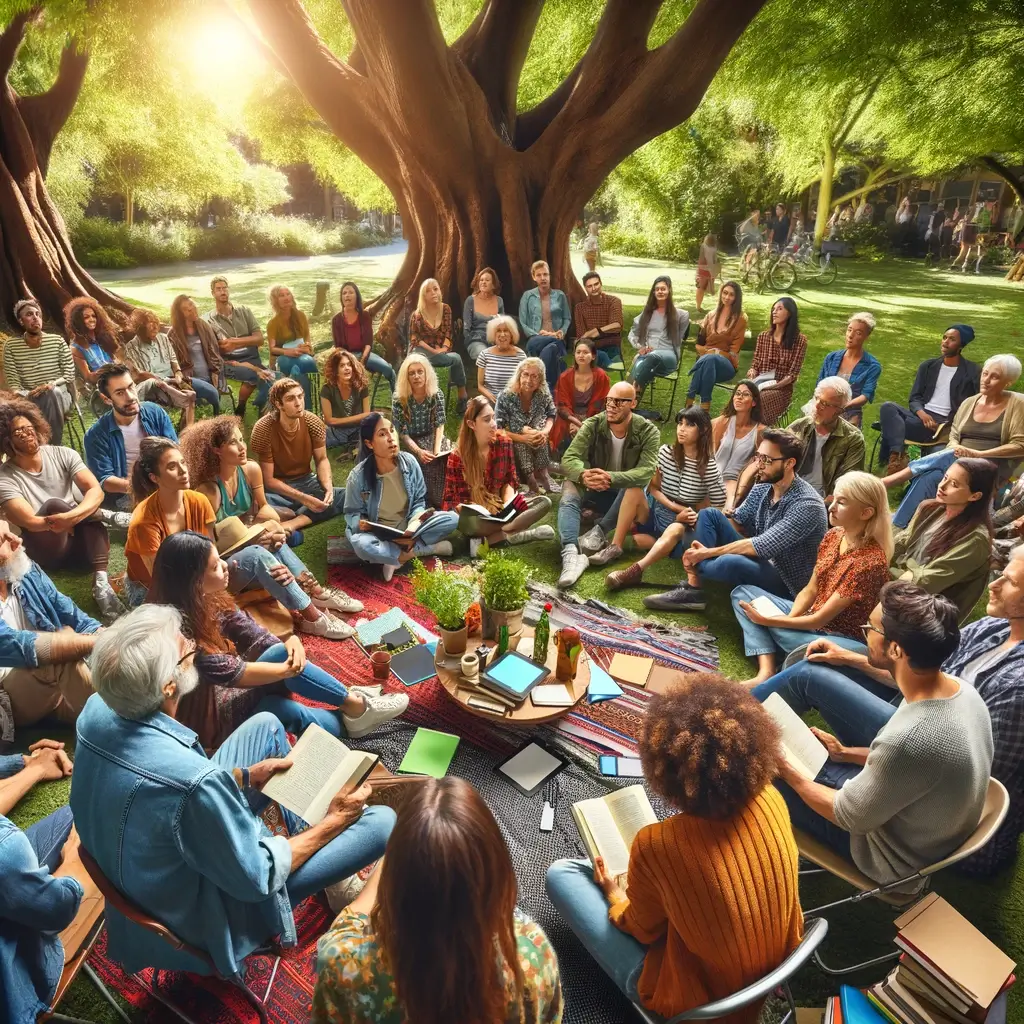“Education doesn’t need to be reformed – it needs to be transformed. The key to this transformation is not to standardize education, but to personalize it, to build achievement on discovering the individual talents of each child, to put students in an environment where they want to learn and where they can naturally discover their true passions.” Sir Ken Robinson:
A huge amount of the value of education is in the community. You learn just as much from your friends and the experience as you do from classes.
In current education system, the community is based around the institution. They join for a brief amount of time.
In the future, community should be based around the students.
It’s a digital community, that exists forever. Students can join the community.
It’s not about having a product and trying to find customers, it should be about understanding customers and giving them what they want.
Building a community first around student also solves the problem of customer acquisition.
In recent years, the traditional paradigms of education have been profoundly challenged and reshaped by technological advancements, cultural shifts, and a deeper understanding of diverse learning needs. Central to this transformation is the recognition of a fundamental truth: the immense value of education extends far beyond formal instruction, rooted deeply in the community and shared experiences. This realization paves the way for a more inclusive, adaptable, and student-centric educational landscape.
Lifelong Learning in Digital Realms
The age-old model of education, confined within the walls of institutions and set within rigid timelines, is gradually giving way to the concept of lifelong learning. This modern approach advocates for an education that is not a one-time event but a continuous journey, integrated seamlessly into all life stages. At the heart of this shift are digital communities, which dismantle geographical and temporal barriers, allowing learners from diverse backgrounds to connect, share, and grow together. Online platforms like Coursera and Khan Academy exemplify this trend, offering accessible educational resources and fostering communities that transcend traditional academic confines.
The Rise of Student-Centric Education
The evolving educational ecosystem increasingly centers around the learner’s individual journey, interests, and needs. This student-centric approach tailors educational experiences to accommodate different learning styles and preferences, fostering a personalized path to knowledge and skill acquisition. EdTech innovations are at the forefront of this shift, providing adaptive learning platforms and interactive tools that cater to individual student preferences, thereby making learning more engaging and effective.
Collaborative Learning: The Power of Community
The concept of collaborative learning, where students learn as much from each other as from their instructors, is gaining momentum. This approach recognizes the immense value of peer interactions and diverse perspectives, enriching the educational experience far beyond traditional lecture-based models. Modern educational tools and platforms such as Slack, Microsoft Teams, and Google Classroom facilitate collaborative learning environments, enabling students to interact, share knowledge, and work together on projects, regardless of their physical locations.
Education as a Service: Meeting Learner Needs
Reflecting broader shifts in the business landscape, education is increasingly viewed through the lens of service provision rather than product delivery. This perspective, known as Education as a Service (EaaS), emphasizes the importance of understanding and addressing the unique needs of learners. Educational institutions and platforms are moving away from one-size-fits-all curriculums, instead offering more flexible, modular, and customizable learning experiences. This shift ensures that education remains relevant, practical, and aligned with the evolving demands of the global workforce and individual career paths.
Conclusion: A Future Built on Community and Flexibility
As we look to the future, the trends in education point towards a landscape that is more inclusive, flexible, and tailored to the needs and goals of individual learners. The traditional metrics of time, place, and pace are being redefined, making way for a model that values lifelong learning, community engagement, and personalized education pathways. In this new era, education transcends the physical and temporal boundaries of the past, offering a dynamic and interconnected community of learners, educators, and professionals. By embracing these changes, we can unlock the full potential of education as a powerful tool for personal growth, social connection, and global advancement.
